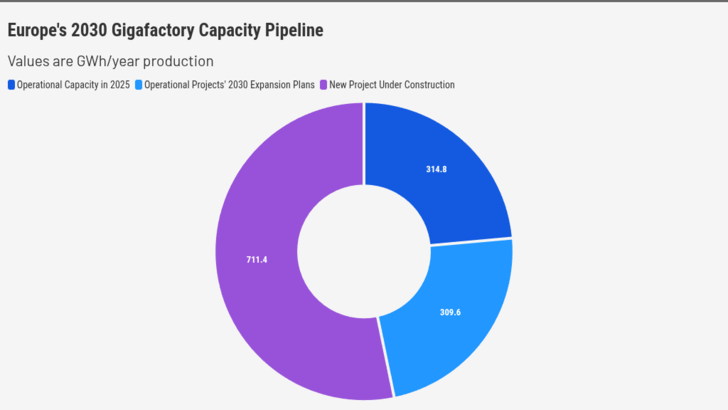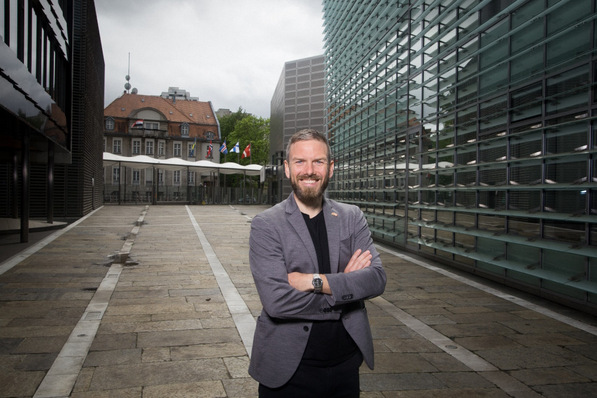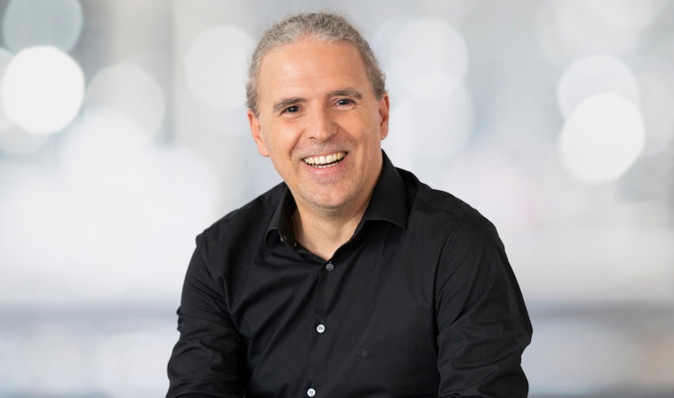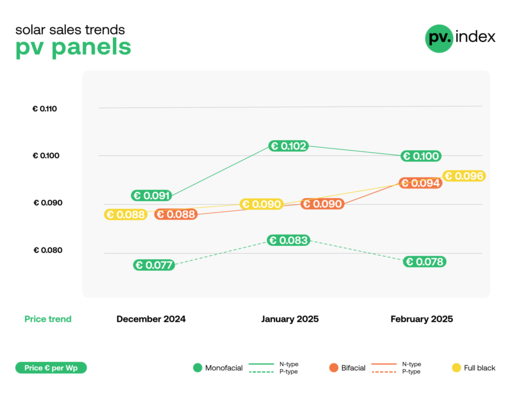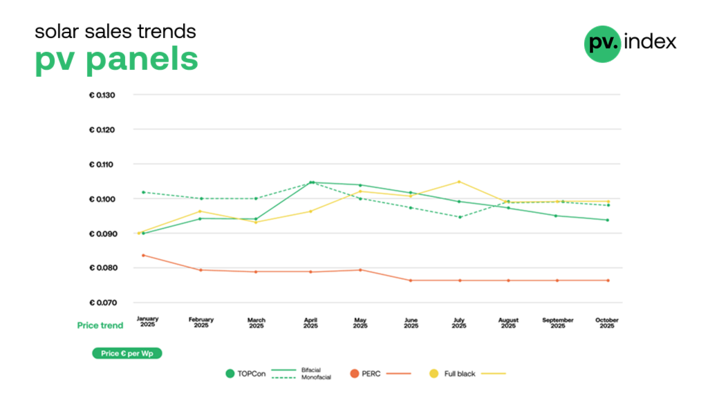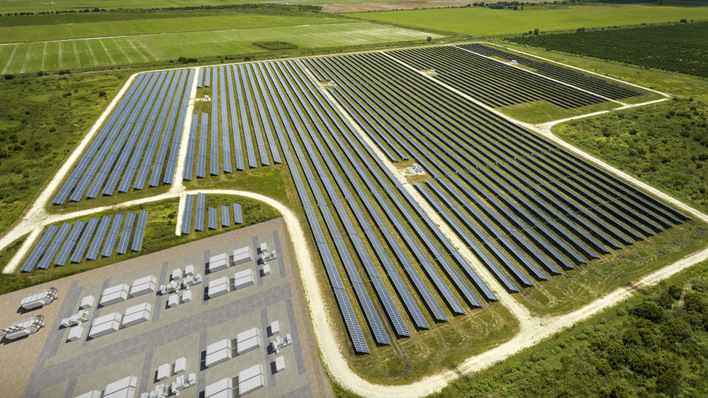Europe’s battery sector has crossed a major threshold. According to UK NGO New AutoMotive, 30 gigafactories are now up and running across the continent, supporting everything from raw materials to final assembly. With a combined output of over 300 GWh, the milestone reflects how Europe is beginning to turn clean energy ambition into industrial reality.
Leading the charge in battery manufacturing capacity, the Gigafactory Envision AESC in Douai, France, has officially commenced operations. Now beyond the construction phase, the facility is actively producing battery cells, marking a pivotal moment for Europe’s domestic battery production.
UK: Electric car sales reach record high
Complementing this, the China Aviation Lithium Battery Group (CALB) took a Final Investment Decision for its gigafactory in Sines, Portugal, on June 7, 2025, with construction now scheduled to begin this year. In the UK, the Agratas Gigafactory has also moved swiftly into the construction phase, with steelwork starting in May 2025. These developments point to a strong and rapidly growing pipeline for future battery manufacturing capacity across Europe.
Shovels in the ground on major projects from Sweden to Spain
Significant progress is also being made in the critical upstream and recycling segments, strengthening both the circular economy and raw material security:
• Altilium Recycling (UK): Supporting Europe’s circular economy, Altilium’s recycling facility in Plymouth has moved swiftly from permitting to construction, with work now well underway. The plant will play a key role in recovering critical battery materials.
• Aguablanca Mine (Spain): The mining project has progressed from permitting to construction, having secured all necessary approvals in May 2025 to restart operations. It will supply essential raw materials for battery production.
• Nunasvaara South Graphite Mine (Sweden): A key project for anode production, the mine is now under construction after clearing final regulatory hurdles. Construction is scheduled to begin in Q3 2025.
• EMILI Project (France): This major lithium initiative has progressed from a Memorandum of Understanding (MoU) to the permitting stage, with public inquiries launched in February 2025. It marks a key step toward securing domestic lithium supply.
• Sibanye-Stillwater Refinery – Precursors (France): This key precursor refinery project has entered the permitting stage, advancing its early development to support a localised supply of battery components.
These advancements highlight the tangible and accelerating progress across key segments of the battery supply chain – from raw material extraction and recycling to precursor production and battery cell manufacturing. This sustained momentum reflects the impact of strategic policy frameworks, including the EU’s CO₂ standards for cars and vans, and major investments aimed at securing Europe’s industrial base and advancing clean transport. Ongoing regulatory clarity remains essential to give manufacturers and investors the confidence to expand at scale.
Call for fresh funding to back EU solar manufacturing
Ben Nelmes, CEO of New AutoMotive: “The pace of development across Europe’s battery supply chain is remarkable. From new gigafactories coming online to critical mining and recycling projects breaking ground, we are seeing tangible results from coordinated effort and effective policy. This is not just about building batteries, it’s about securing Europe’s industrial future, creating green jobs and accelerating the shift away from fossil fuels.” (hcn)


